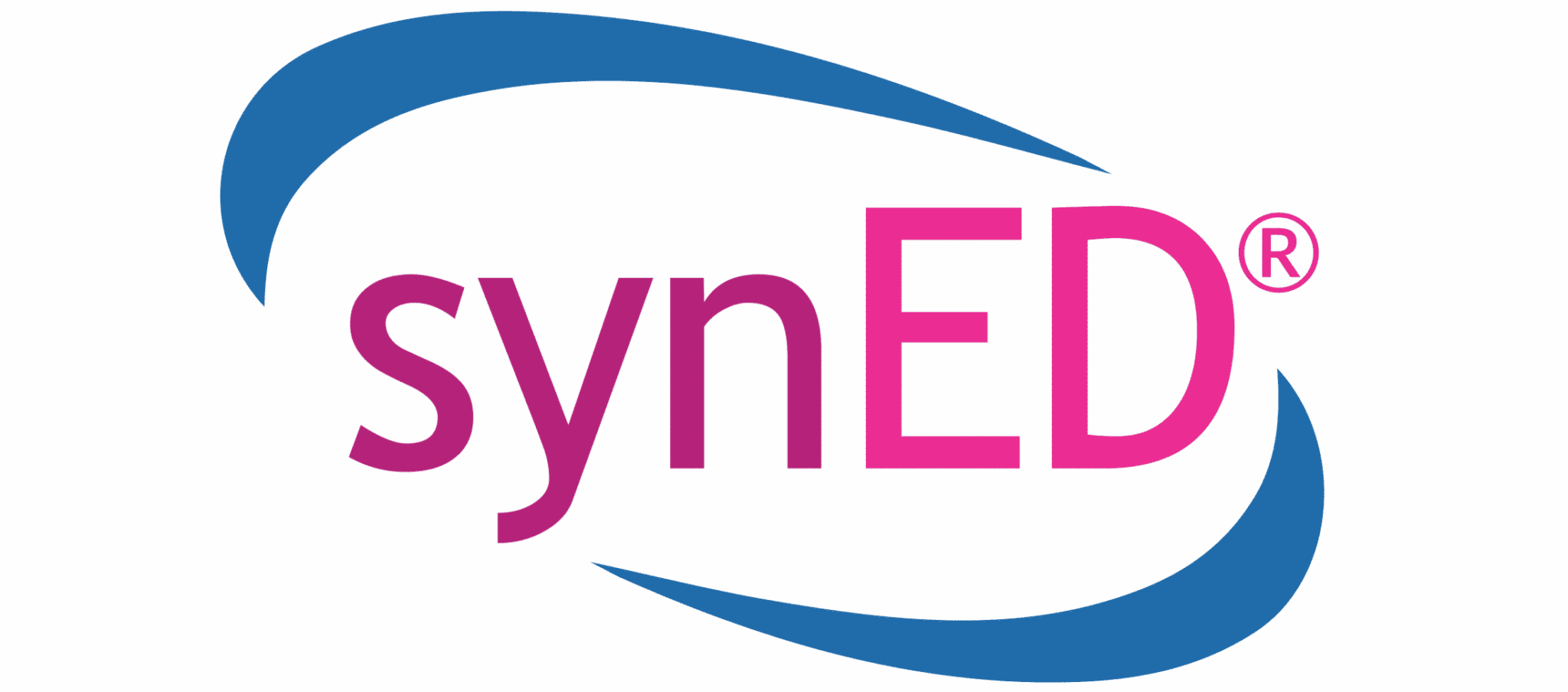ReportOUT looks at the revolution in theories on lifelong learning, smarter approaches to learning in an increasingly complex world
THOUSAND OAKS, Calif. – SynED, a national non-profit focused on education, today released ReportOUT, a quarterly publication that highlights innovative educational initiatives that promise different perspectives and lasting changes, with its latest edition entitled “Personal Networks & Informal Learning: Making Learning Routine.”
ReportOUT includes insights from across the economic, educational, and political world, bringing an array of viewpoints and analysis on how to approach education differently. In Volume 12, ReportOUT looks at a disrupted education landscape where a world increasingly defined by connectivity means informal learning and personal learning networks (PLNs) are the key to unlocking personal and professional development.
“We live in a world increasingly defined by connectivity with friends, business associates, potential spouses, political allies, and, of course, information, learning opportunities, and mentors,” said Guy Smith, Executive Editor of ReportOUT. Mr. Smith, a former Vice President at Antioch University who also previously served as the Dean of Educational Programs at Santa Barbara City College, continued: “The educational landscape is being challenged and disrupted by these forces. A growing appreciation for the porous boundaries between the classroom and life experience, along with the power of social learning, authentic audiences, and integrative contexts, has created not only promising changes in learning but also disruptive moments in the process.”
This issue is a compendium of 14 articles that provide insight on the need for a reorientation in individual’s and businesses’ approach to learning. With 80% of CEOs saying the need for new skills is their biggest business challenge, and research showing 80% of learning happens informally, more and more organizations are looking for ways to help harness informal learning and align those results with tangible business goals and strategies.
Several articles provide practical tips on building personal learning networks, embedding continuous lifelong learning in companies, and encouraging informal learning among employees. Rob Cross, Nitin Nohria and Andrew Parker write about six myths of informal networks and how to overcome them, in an article originally published in Sloan Review. “Despite the explosion of information that is accessible through the Internet and databases, people still rely heavily on their networks for help with their work,” they note.
One myth they address is the assumption that everyone should be connected to everyone else, or that more connections are necessarily better. Instead, they advise that, “People should be connected when a strategic payoff is likely. Instead of trying to develop a fully integrated network, managers will find it more fruitful to invest in developing and maintaining relationships that have strategic value. A tool called social network analysis can be applied to make clear where such critical junctures exist within the organization.”
Randy Bass, in an article first published in EDUCAUSE, says, “Our understanding of learning is expanding in ways that are at least partially incompatible with the structures of higher education institutions.”
Bass writes, “These developments are occurring at the same time that higher education is being asked to become more accountable for what students are learning. Ironically, these pressures for accountability are making us simultaneously more thoughtful and more limited in what we count as learning. The question that campus leaders need to address is how to reinvent a curriculum that lives in this new space.”
Volume 12 ends with two articles exploring a counterintuitive notion: the “Weak Tie Theory” is the proposition that acquaintances are likely to be more influential than close friends, particularly in social networks. The conclusion is that “weak ties” can add tremendous value to one’s personal learning network.
“The Volume contains multiple launching points to explore further the revolution that is taking place in learning,” Smith concluded. “But what is different here…is the magnitude and velocity modern culture requires of the learning process.”

